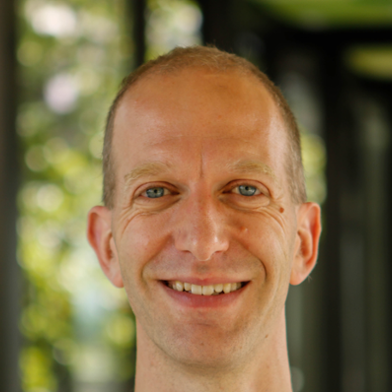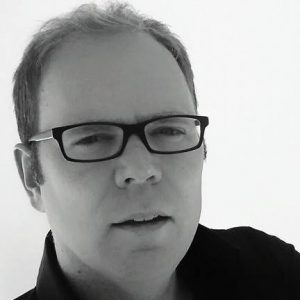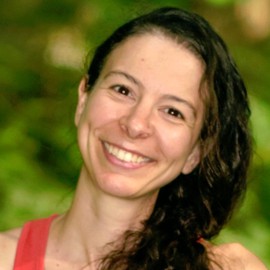LiI created three tenure track positions to target very divergent fields of work. These positions offer a special opportunity for the very best young, creative and talented researchers from outside the research consortium to establish an independent research group financed by start-up funding for four years providing resources for the candidate itself, a PhD candidate, materials and consumables. In case the candidate fulfils the predefined criteria after the initial four years, he/she will be offered a tenured position guaranteed by the embedding partner institution and financed by matching, structural funding. As such, these positions promote development of researchers with high potential and long-term embedding of innovative language research into our partner institutions.
The tenure track positions are:
- Computational psycholinguistics of sentence processing (Dr. Stefan Frank)
- Hierarchical structure in natural language: Bridging computational linguistics, neurobiology and formal semantics (Dr. Jelle Zuidema)
- Neuropsychology of Language and Language Disorders (Dr. Vitória Piai)
Information on each of the tenure tracks can be found below.
Tenure Track 1
Computational psycholinguistics of sentence processing
Centre for Language Studies, Radboud University
Starting date: August 01, 2015
PhD: Chara Tsoukala (graduated, defense date: April 21, 2021)
Researcher

Dr. Stefan Frank
Coordinator BQ1
Tenure track researcher
Profile page
Information on Tenure Track 1
As details of the cognitive processes and representations underlying language use continue to be uncovered, and ever increasing amounts of behavioural and (neuro)physiological data are collected, it becomes more and more difficult to capture the immense complexity of human language processing in theories that are specified only verbally. In contrast to verbal description, implemented computational models that simulate aspects of processing are able to generate fine-grained, quantitative predictions and can thereby expose how, exactly, observed properties of language comprehension and production may emerge.
The general aim of this tenure track was the development and application of computational models of human sentence processing, bridging between linguistic and cognitive theory, psychological experimentation, and neuroimaging data; particularly in the context of multilingualism. The basic assumption behind this work is that the mind is for a large part a statistical system: It extracts (linguistic) patterns from observations and applies abstractions over these patterns when processing novel input. Any model of such a system embodies particular assumptions about the relevant processes and representations. The cognitively most plausible assumptions can then be identified by comparing how well different models’ predictions fit human processing data. Thus, statistical models of language are developed, implemented, and trained on linguistic data; and their quantitative predictions of behavioural and/or neural responses serve to evaluate to the models’ value as cognitive theories. In addition, we ran human language comprehension experiments to test specific (model) predictions of language use as rooted in the application of language statistics.
Tenure Track 2
Hierarchical structure in natural language: Bridging computational linguistics, neurobiology and formal semantics
Institute for Logic, Language, and Computation, University of Amsterdam
Starting date: September 01, 2015
PhD: Dieuwke Hupkes (graduated, defense date: June 17, 2020)
Researcher

Dr. Jelle Zuidema
Tenure track researcher
Profile page
Information on Tenure Track 2
A unique feature of human language – and the key property that arguably sets it apart in nature – is its hierarchical compositionality: all languages allow meaningful atomic units (e.g. words) to be combined into larger units, and these larger units to be further combined to form meaningful sentences. The work performed within this tenure track investigates (1) how corpus data and computational models can be used to study the nature of this combinatory system, (2) how such a system may be implemented in a neural architecture, (3) how the system may be learned by children and machines, and ultimately, (4) how such a system emerged in evolution.
Tenure Track 3
Neuropsychology of Language and Language Disorders
Donders Centre for Cognition and Donders Centre for Neuroscience, Radboud University
Starting date: June 01, 2016
PhD: Ileana Camerino (ongoing)
Researcher

Dr. Vitória Piai
PI
Tenure track researcher
Profile page
Information on Tenure Track 3
This tenure track focuses on performing pre-clinically and clinically oriented research on language. This position bridges the gap between clinical and non-clinical research on language in Nijmegen, nationally and internationally, and promotes interactions between RU and RUMC. It aims at establishing a research programme on language function and dysfunction. This approach takes the strength of both basic and applied fields to widen the theoretical understanding of brain and language relationships and to improve the care for clinical populations that suffer from speech, language, and communication deficits.

